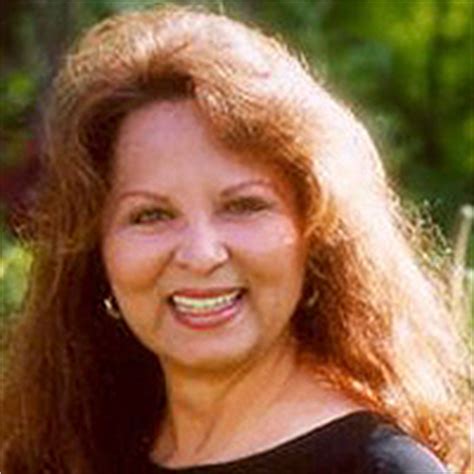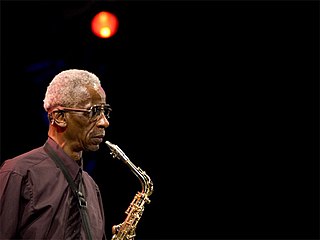A Quote by T. S. Eliot
The sense of wellbeing! Its often with us When we are young, but then it's not noticed; And by the time one has grown to consciousness It comes less often.
Related Quotes
The more often we see the things around us - even the beautiful and wonderful things - the more they become invisible to us. That is why we often take for granted the beauty of this world: the flowers, the trees, the birds, the clouds - even those we love. Because we see things so often, we see them less and less.
God is in the business of strategically positioning us in the right place at the right time. A sense of destiny is our birthright as followers of Christ. God is awfully good at getting us where He wants us to go. But here’s the catch: The right place often seems like the wrong place, and the right time often seems like the wrong time.
It has always been more difficult for a man to keep than to get; for, in the one case, fortune aids, which often assists injustice; but, in the other case, sense is required. Therefore, we often see a person deficient in cleverness rise to wealth; and then, from want of sense, roll head over heels to the bottom.
The truth is that those who join gangs - more often than not they are young men in their later teens - often do come from the most difficult family backgrounds, from an environment where they feel neglected and unwanted. Gang membership can bring a perverse sense of belonging which they may not have ever got at home.
It often seems easier not to move on; even the muck and mire in which we're stuck seems less fearful and less challenging than the unknown path ahead. Some people use faith as a reason to remain stuck. They often say, "I have faith, so I'm waiting." But faith is not complacent; faith is action. You don't have faith and wait. When you have faith, you move. Complacency actually shows lack of faith. When it's time to move in a new direction in order to progress, the right people will come to us.
In the transfer society, the general public is not only poorer but also less contented, less autonomous, more rancorous, and more politicized. Individuals take part less often in voluntary community activities and more often in belligerent political contests. Genuine communities cannot breathe in the poisonous atmosphere of redistributional politics.







































